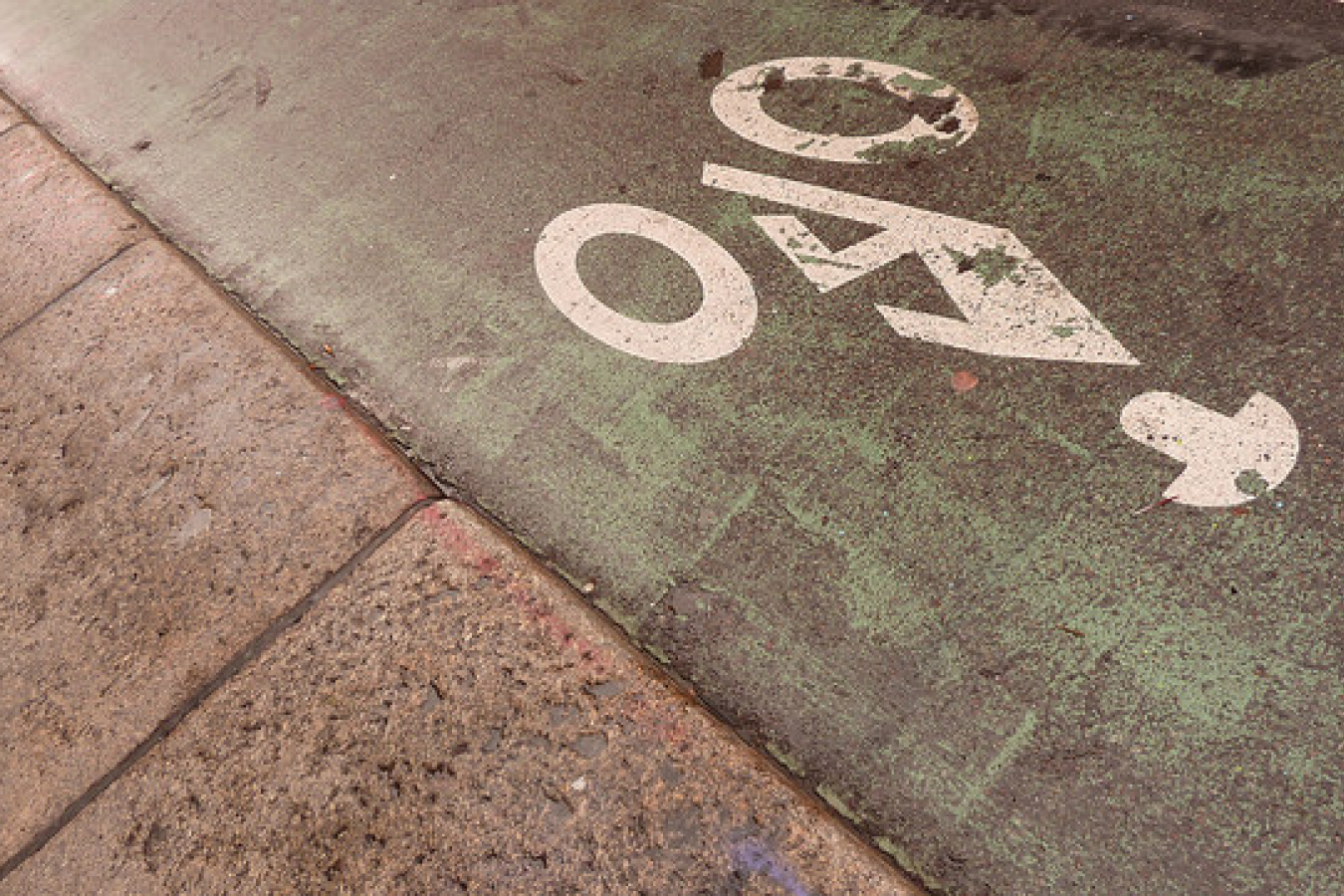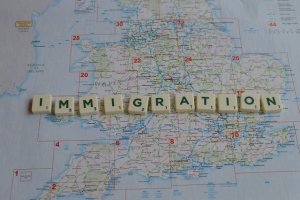Support migrant centric journalism today and donate

The US government has offered a "road map," or a set of instructions, on how Eastern European countries can gain visa-free travel to the US, like their Western European counterparts.
US officials and officials in eastern Europe say the instructions have little value, and some call the instructions a Catch-22. The US says it is up to a foreign country to meet the law's requirements, the first of which is that the US visa refusal rate for a country cannot be higher than 3 percent. But it is the American embassies and consulates that decide how many applicants are rejected.
US officials said the road map's main goal is to familiarize other nations with the rules of the visa waiver program, which applies to 27 countries, and the conditions stipulated by immigration law for a country to qualify.
But Marek Purowski, spokesman for the Polish Embassy, said that information is widely available and requires only a visit to the State Department web site. He said they need clear reasons why US visas are refused.
"Why do you refuse visas? Sometimes that is based on unbelievable things like you are a student, not married and don't have a car, so you don't qualify. If this is the policy, tell us, so we can tell our people. Then we'll ask those who are not eligible not to apply, so they don't drive up the overall refusal rate," he said.
US visas are a thorny issue in Poland. Pressure has been put on the government, which sent troops to Iraq, to stand up to the Bush administration.
Polish President Aleksander Kwasniewski raised the matter with President Bush during his past two visits to Washington, going so far as to voice criticism publicly in the Oval Office of the US visa policies.
But instead of a visa waiver, in January he was offered a road map as a consolation prize, Polish officials said.
Since then, other countries in Eastern Europe -- Bulgaria, the Czech Republic, Slovakia, Hungary, Estonia, Latvia and Lithuania -- have asked for a road map.
The Latvian Foreign Ministry said last week that it will "launch a public campaign urging Latvian citizens not to overstay their US visas."
The ministry said the US Embassy in Riga had agreed to "comprehensively review the assumptions under which its consular section applies the legal criteria for tourist and business visas, in light of improving economic, social and security conditions in Latvia as a result of its European Union membership."





















